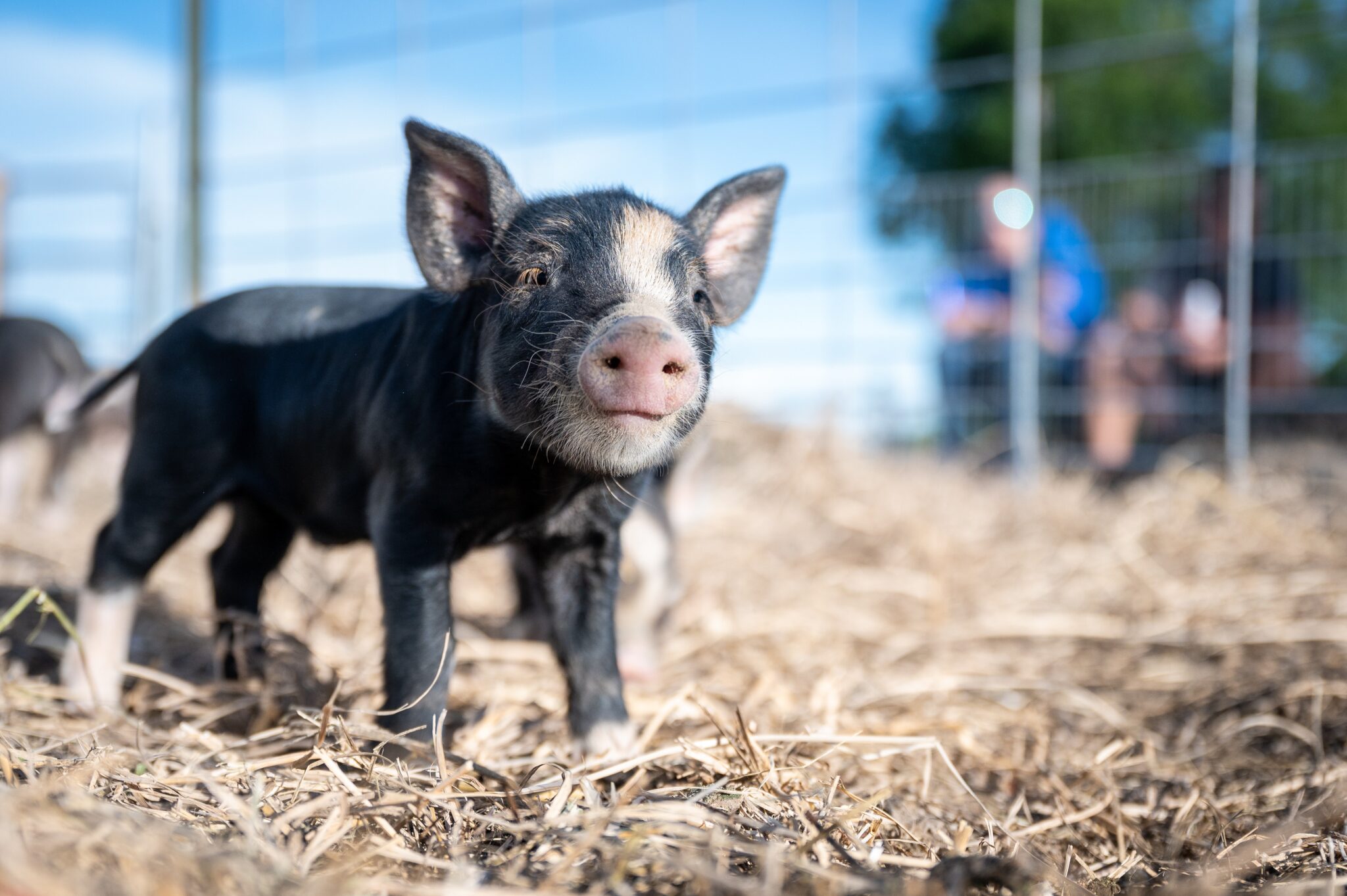Even a pig will fly, when it is hit by a tornado!
7 min read
Hi, I am Jonathan Hayashi. After graduating from University of Rochester with double degrees in Optical Engineering and Financial Economics, I worked in one of the top 3 investment banks in Japan, SMBC Nikko. Later on, I joined one of the largest VC firms in Japan, SBI, and took charge of growth stage investments in Blockchain, Fintech, and AI Sector. I joined Cornerstone Ventures in 2020.
Part I, Part II, Part III, and Pat IV:
- For the full list of all the Chinese companies that became unicorns between 2014 and 2020, please go to Part I.
- For the analysis of famously failed vertical EC startups, please go to Part II.
- For the analysis on why having too much funding early on is actually a bad thing, please go to Part III.
- This article, which would be Part IV, will look into the reasons and impact of group thinking physiology in China, a.k.a the “standing at the center of a whirlwind”.
Background:
- In the startup scene in China, there is a popular slang called “風口”, which means “the center of a whirlwind”.
- Who said it first?
- Most people believe it’s the founder of Xiaomi, Lei Jun.
- The Financial Times reporter translated Mr. Lei’s quote into English as below:
Even a pig will fly when it is hit by a tornado.
-
- Other media, such as Business Insider, translated it in the following way:
Even a pig can fly if it stands at the center of a whirlwind.
-
- This quote is rather famous in China. But most people don’t know, however, that Mr. Lei actually took a page out from Eugene Kleiner, the co-founder of Kleiner Perkins Caufield&Byers:
In a strong wind, even turkeys can fly.
- What does it mean nowadays?
- Nowadays, people refer to “an industry at the center of whirlwind” as “an industry where the companies can get massive funding from VCs”.
- It’s similar to “buzzword”, but contains a stronger implication of “lots of VC fundings”.
Examples of Centers of Whirlwind at Chinese tech-startup scene:
|
Industry |
Number of VC backed companies |
Amount of funding (USD Billion) |
|
Blockchain (區塊鏈) |
400+ |
27.00 |
|
New energy car (新能源造車) |
60+ |
25.50 |
|
Fresh Food Retail (生鮮零售) |
56 |
23.55 |
|
Ride Hailing (網約車) |
10+ |
21.10 |
|
Car Sharing (共享汽車) |
10+ |
12.00 |
|
Short Video App (短視頻) |
10+ |
11.80 |
|
Food Delivery (外賣) |
10+ |
10.00 |
|
Group Buying (團購/千團大戰) |
5300 |
10.00 |
|
Bike sharing (共享單車) |
70+ |
9.00 |
|
P2P Lending (P2P 網貸) |
300+ |
7.50 |
|
AI (人工智能) |
1,000+ |
7.50 |
|
Second-hand car EC (二手車電商) |
30+ |
4.50 |
|
Co Living (長租公寓) |
30+ |
3.99 |
|
E-Learning (線上教育) |
148 |
2.15 |
|
Co Working (共享辦公空間) |
10+ |
1.43 |
|
Live streaming (直播) |
30+ |
1.09 |
|
Self Checkout (無人超市) |
126 |
0.65 |
|
Community group buying (社區團購) |
10+ |
0.30 |
|
E-Cigarette (電子煙) |
35+ |
0.15 |
Note: The numbers above are collected from public information and might not be accurate.
Why are Chinese investors sucked into Centers of Whirlwind:
- Because it takes lots of money to change users’ behavior to adopt new things, and every investor knows that one single investor doesn’t have enough funding to do so.
- Because VC has FOMO (Fear-Of-Missing-Out), as the opportunity cost of missing out a good investment is much larger than the loss of a bad investment.
- Because there’s a lot of “dumb money” in the startup scene in China. People who don’t have any investment thesis or process and probably don’t really understand the risk in startup investments, feel comfortable falling into group thinking.
- Because when a theme becomes the center of whirlwind, the fundraising rounds of the related startups are usually oversubscribed, so the investors can’t really slow down and conduct their due diligence, but rather they need to give a yes-or-no answer within a short period of time window.
- Because, afterall, there were indeed some sustainability successful and profitable companies coming out on the other side of these centers of whirlwinds, like Didi from Ride Hailing, Meituan from Group Buying.
- Because even if the startups eventually failed, the early investors can still make money. Sequoia China is known for investing in multiple competitors in the same race and many of its portfolio didn’t become the winner in the race, but only less than 10% of its investments ended with zero return. Most of the time, it either facilitated consolidation among its portfolio, or sold its stake to other investors before the capital market lost interest in the startups.
Learned lesson to be applied to entrepreneurs in other markets:
- No matter what, a decent due diligence is a must.
-
- It’s beneficial for both sides.
- For investors, this process helps them to step back, pull away from the group thinking, and figure out their own insights.
- For startups, they can have meaningful discussion and get valuable feedback from investors.
-
- Optimize the amount of funding to raise and the capital allocation plan
-
-
- Some businesses, like bike sharing for example, have the potential to be a profitable business. However, they could be ruined due to malignant competition over advertisement, cashback/discount, and excess supply. And these are fueled by excess funding.
-
- Grow fast, but still keep an eye on PMF, Unit Economy, and Profitability
-
-
- Having PMF in one city, doesn’t mean you can find the PMF in another city doing exactly the same thing
- It’s okay to lose money, but at least make sure you have a positive Unit Economy.
- Be prepared for a time when suddenly you are no more in the center of the whirlwind anymore, understand if you have the capability to turn a profit, and know what cost you can reduce.
-
Like our Facebook page for more upcoming articles!
The Future Is Unwritten.


